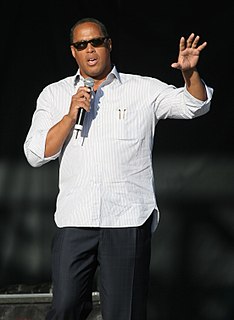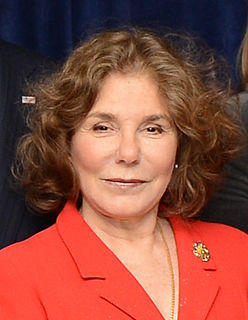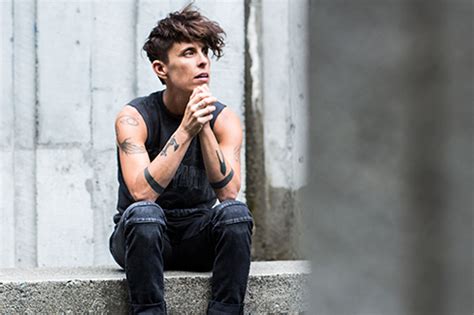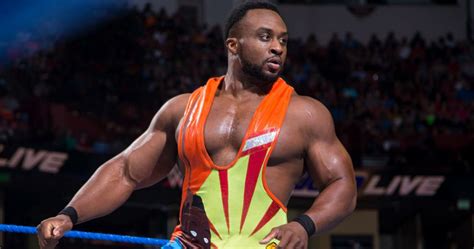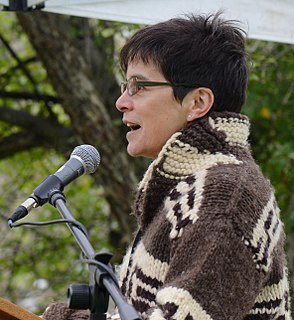A Quote by Marilyn Monroe
Black men don't like to be called 'boys,' but women accept being called 'girls.'
Related Quotes
... the socialization of boys regarding masculinity is often at the expense of women. I came to realize that we don't raise boys to be men, we raise them not be women (or gay men). We teach boys that girls and women are "less than" and that leads to violence by some and silence by many. It's important for men to stand up to not only stop men's violence against women but, to teach young men a broader definition of masculinity that includes being empathetic, loving and non-violent.
My right to speak my mind, to have a voice, to be what some have called 'opinionated' is a right I deeply and profoundly cherish. My only hope is that, one day soon, women who have all earned the right to their opinions -- instead of being called 'opinionated' will be called smart and well-informed, just like men.
Being trans, I've grown up with the understanding that most women are born girls, yet some are born boys. And most men are born boys, yet some are born girls. And if you're ready for this, some people are born girls or boys and choose to identify outside our society's binary system, making them genderqueer.
I have this problem where it's like'I can never stop thinking. For instance, I find myself obsessing over the treatment of black women and girls by black men'the fact that black men have a special prejudice against black women and generally don't protect them or attempt to understand them, and I cry an awful lot about that.
'America's Dad' is what we called Bill Cosby. And we called him that because, well, what a revolutionary way to put it. Through him, we were thumbing our noses at the long, dreary history for black men in America by elevating this one to a paternal Olympus. In the 1980s, he made the black American family seem 'just like us.'
She's no lady. Her songs are all unbelievably unhappy or lewd. It's called Blues. She sings about sore feet, sexual relations, baked goods, killing your lover, being broke, men called Daddy, women who dress like men, working, praying for rain. Jail and trains. Whiskey and morphine. She tells stories between verses and everyone in the place shouts out how true it all is.

